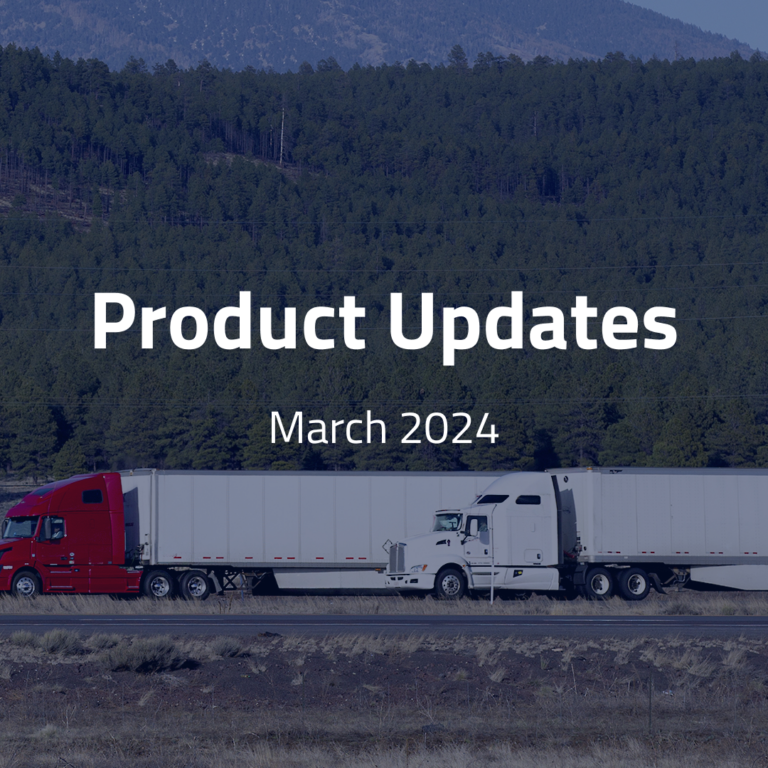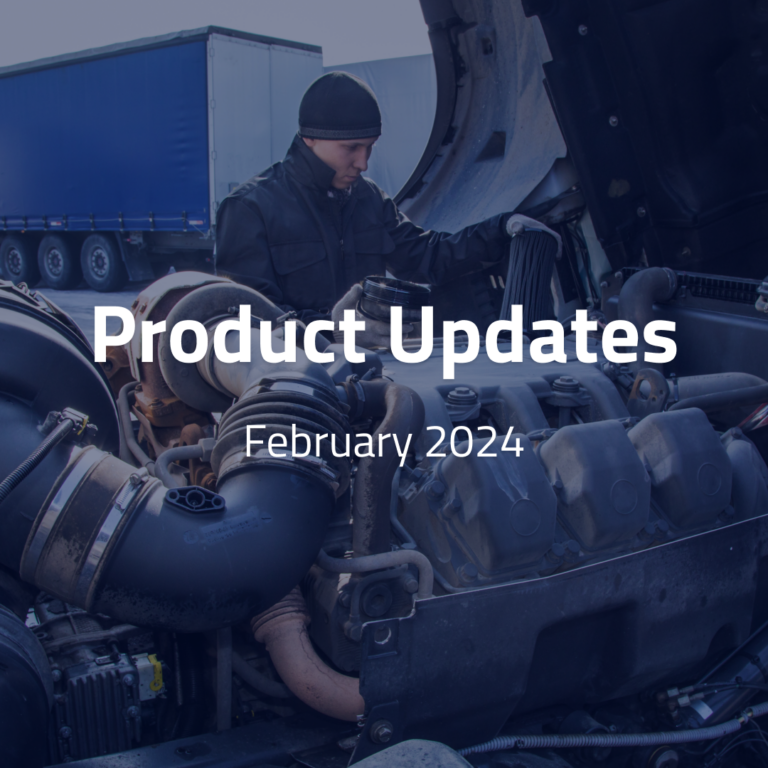
How AI & Predictive Analytics is Changing the OEM Industry
15 December 2023
Read time: 4 min
Impact of AI & Predictive Maintenance in Automotive Manufacturing
The automotive industry faces mounting pressure to adapt to ever-evolving regulations, disruptive AutoTechnologies, and alternative-fueled vehicles while maintaining profitability. Consequently, Original Equipment Manufacturers (OEMs) have been rethinking their business models. Investments in research, operational efficiency, and data analytics have surged as industry leaders recognize the need for data-driven insights to gain a competitive edge and boost profitability.
However, leveraging data is no small feat due to the complexity of the software required and the hardware-first nature of OEMs. Too often, data intelligence is lost through the value chain, preventing manufacturers from fully capitalizing on their potential.
Enter fleet maintenance predictive maintenance analytics, a prominent technology that’s disrupting the industry. By combining predictive maintenance analytics with a well-defined business plan, OEMs can save over $212 million USD, according to Deloitte.
The Role of Predictive Maintenance Analytics in the OEM Industry
Simply put, predictive analytics studies past trends to predict outcomes in the future. Using techniques such as statistical modeling, real-time data, and artificial intelligence (AI), predictive analytics can help isolate future trends.
Predictive maintenance analytics uses past trends, real-time data, AI, and statistical modeling to forecast future outcomes. The automotive industry is brimming with data from manufacturing units, dealerships, repair shops, fleet owners, and drivers. With real-time telematics, car manufacturers can identify new growth strategies and refine operations for greater effectiveness in both vehicles and business models.
With real-time telematics at their disposal, car manufacturers can identify new growth strategies and refine their operations to improve effectiveness both in their vehicles as well as their business models.
Three areas where predictive analytics has a significant impact are:
Enhancing Production Efficiency
Some OEMs still currently use only descriptive analytics across many of their machinery within the production lines. Similar to vehicle data, these operating machines spew out thousands of data points that can be analyzed for past disruptions and identify recurring issues.
But most OEMs know how extremely inefficient this method really is. Modern technology has only made the production process more complex, with many moving parts dependent on each other. Probing historical data might not prove to be a very accurate measure due to many reasons, including changes in machinery, lack of sensors, and missing data. Not properly predicting machine breakdowns can have a damaging effect on output and profitability.
According to the National Institute of Standards, machines that integrate advanced analytics can increase production capacity by 20%, lower material consumption by 4%, and improve yield rates at every level.
The role of predictive maintenance analytics in this scenario is to help improve the efficiency of current downtime forecasting models. By using data to identify the causal reason behind downtimes, such as defects, faulty parts, material failures, and manual errors, predictive analytics can preemptively warn floor managers of potential downtime which results in lower downtimes, maintenance costs, and higher overall efficiency.
Streamlining Inventory Management
Ford Motor Co. set aside around $4.2 billion for warranty claims in 2020. This amount marked a significant increase of 48% compared to 2018. This number is predicted to only go upwards without the proper use of advanced analytics and prevention.
The reason for the predicted increase is that consumers are currently bombarded with choices – new cars, new tech, new models, and new fuels. This abundance of choice puts OEMs in a classic problem of speed over efficiency, as more models and makes usually result in a direct increase in warranty claims.
Predictive analytics software helps reduce warranty claims by improving the quality of vehicles before going to market. Predictive analytics fleet maintenance software like Pitstop can analyze not only the current model but also centralize hundreds of thousands of data points across the value chain. Using advanced data analytics, engineers can categorize and process claims faster, identify issues, and implement countermeasures.
Not only does predictive analytics directly reduce the money spent on claims and callbacks, but it also creates a better consumer experience which generates a positive overall impact on brand identity.
Improving Customer Experience and Satisfaction
Predictive analytics also has a big impact on the automotive industry’s future. It has the capability to analyze engine performance in order to reduce emissions and make hybrid and gas-engine vehicles as emission-compliant as possible. With the direction of electric vehicles in ever-increasing momentum, it will be equally important to evaluate battery performance and properly predict any future failure or safety issues.
As vehicles turn into more complex “software on wheels”, incorporating predictive analytics along with the currently deployed descriptive analytics solutions can have a massive impact on the bottom lines of all OEMs. With measurable outcomes and benefits, predictive analytics has already garnered a lot of positive press worldwide. It is already making a large impact on those that have implemented software like Pitstop.
By using fleet maintenance predictive analytics in conjunction with a concrete action plan, OEMs can boost profit margins, asset efficiency, and revenue growth without overhauling their entire business models.
For more information on how to get started with predictive analytics for your vehicles, book a free demo here or email us at info@pitstopconnect.com













